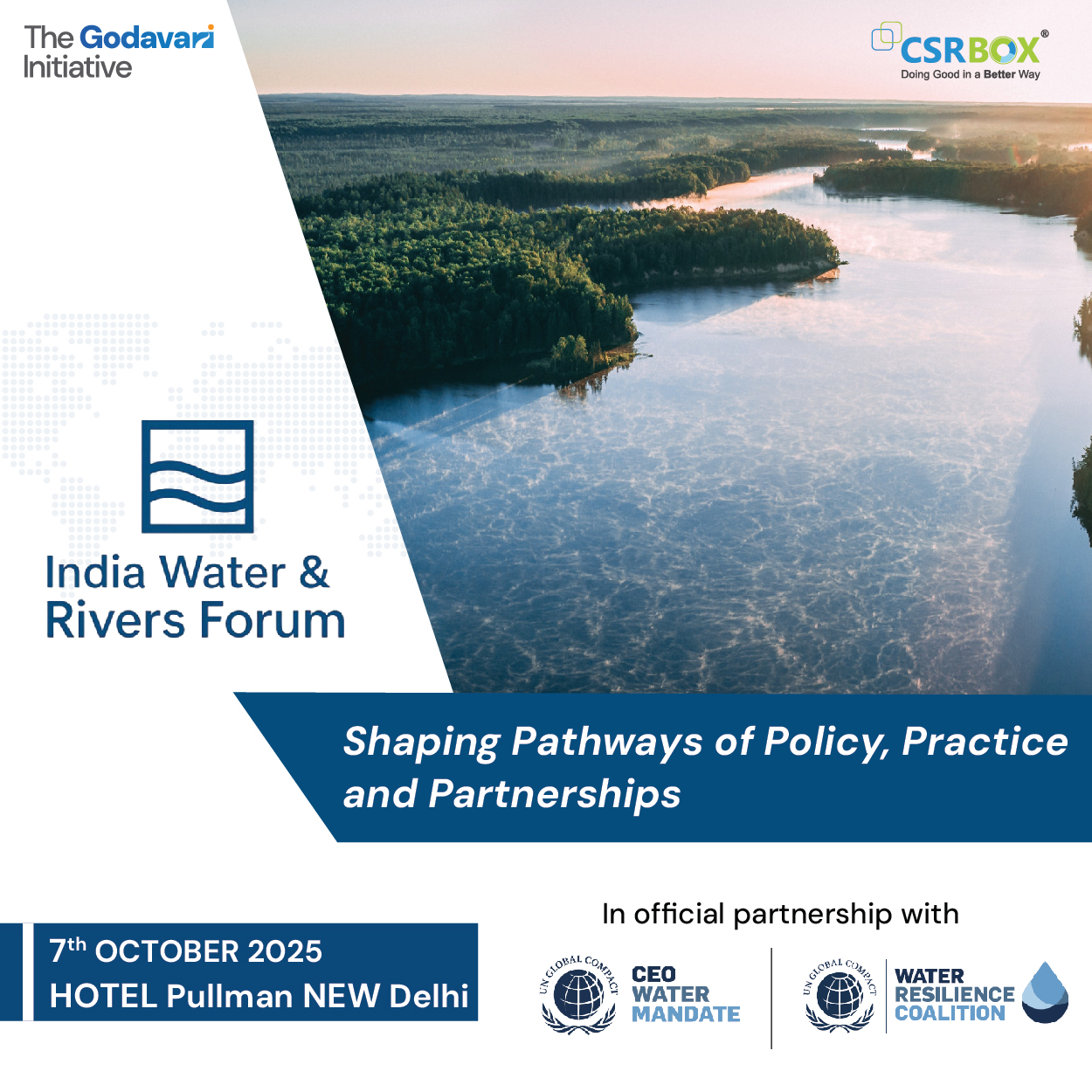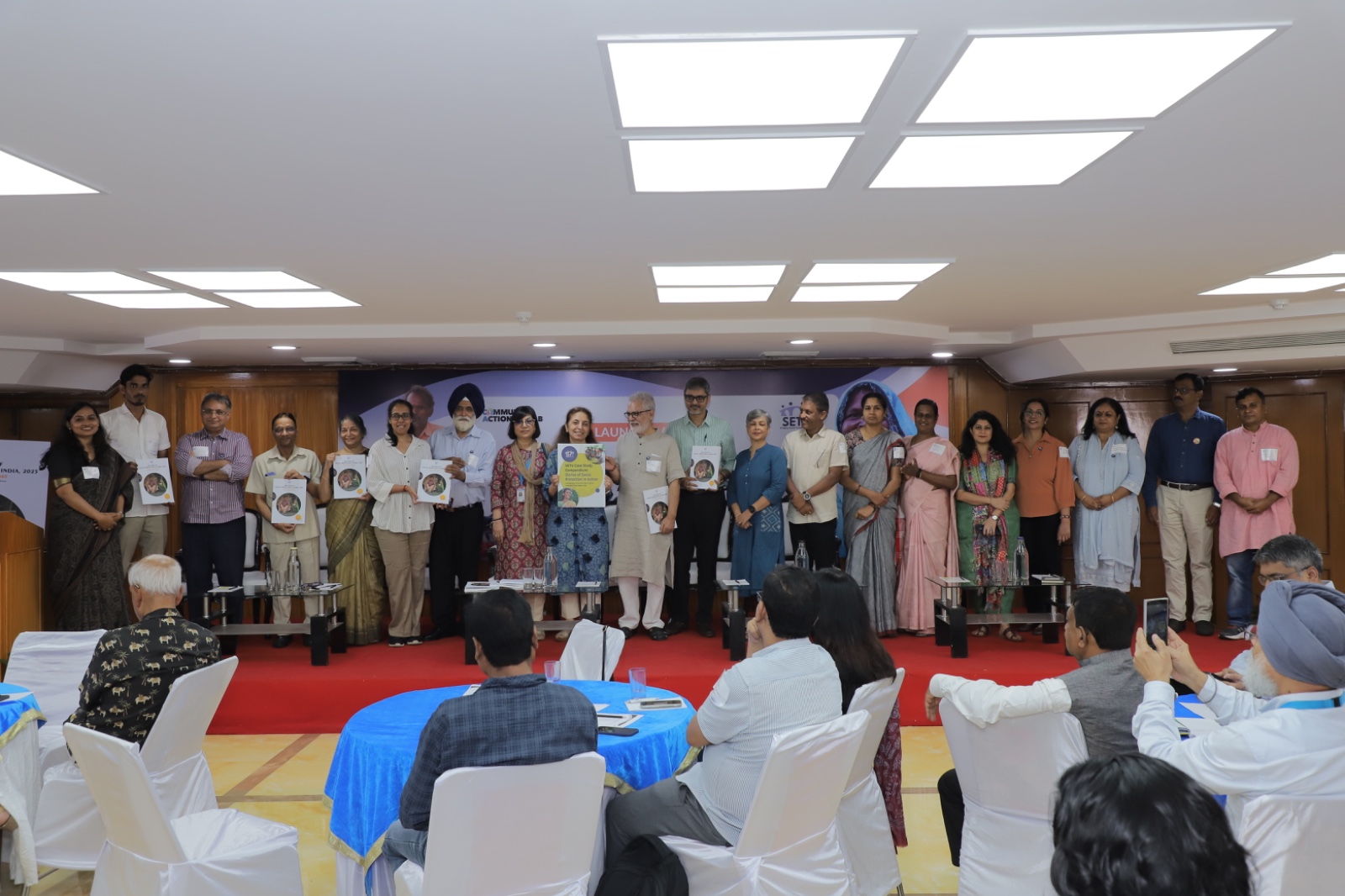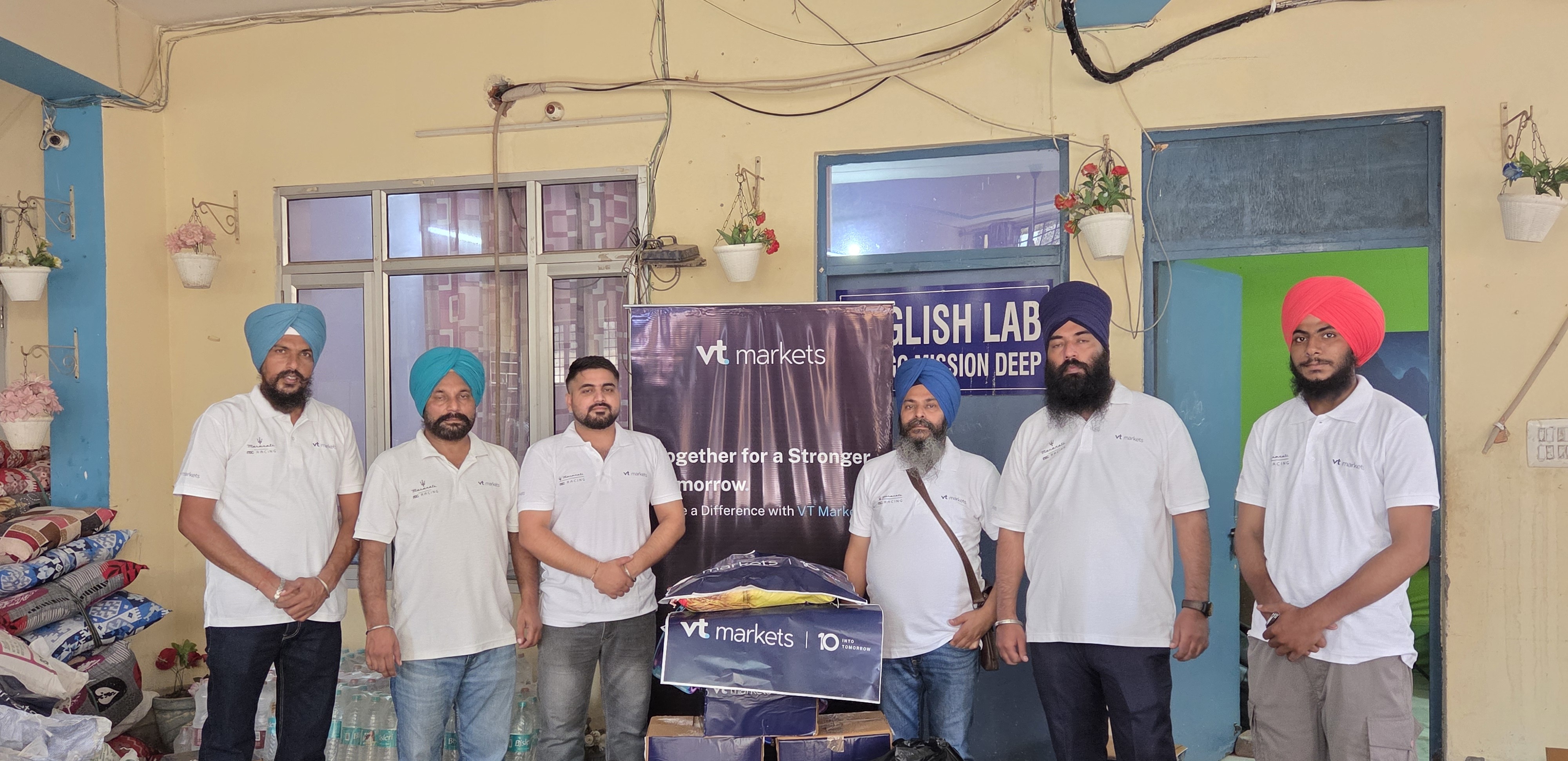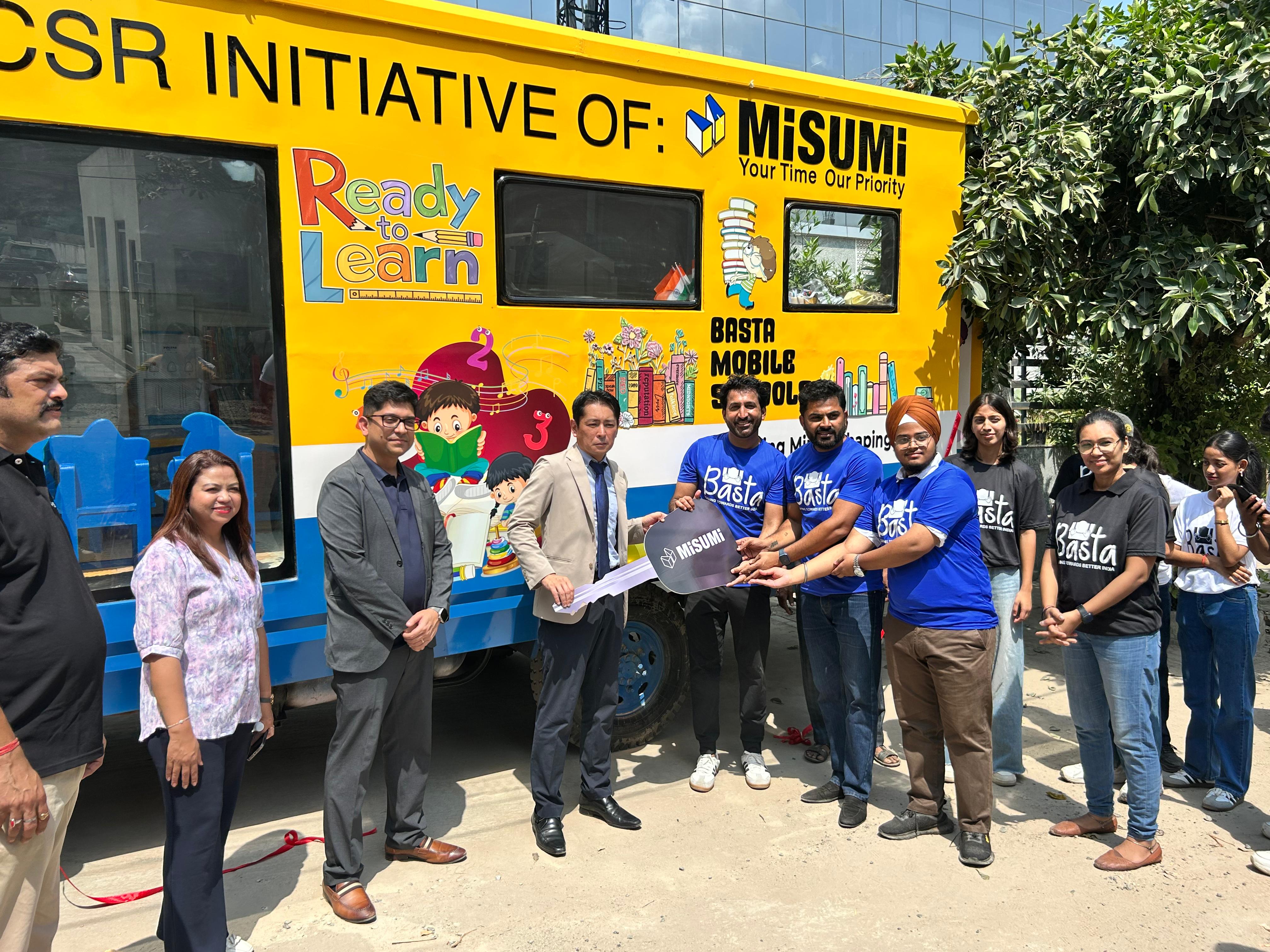Subscribe our Weekly Newsletter
CALL FOR EMPANELMENT OF BIODIVERSITY AND SOCIO ECONOMIC SURVEY AGENCIES

Organization: Earthtree Enviro Private Limited
Apply By: 06 Oct 2025
CALL FOR EMPANELMENT OF BIODIVERSITY AND SOCIO ECONOMIC SURVEY AGENCIES
Subject: Invitation for Proposal – Earthtree Enviro Pvt Ltd is inviting qualified third-party agencies to conduct Biodiversity and Socio-Economic Baseline Survey for Afforestation Projects.
Issued by: Earthtree Enviro Private Limited
Location: Meghalaya
Application Deadline: 6th October 2025
About the Project: Earthtree Enviro Pvt. Ltd. is implementing a large-scale nature-based afforestation and reforestation (ARR) project in the state of Meghalaya. To ensure the scientific rigor and transparency of our carbon projects under the Verified Carbon Standard (VCS) and Climate, Community & Biodiversity (CCB) criteria, we are inviting applications from qualified third-party biodiversity and socio economic assessment agencies to carry out detailed biodiversity baseline and impact surveys across our project areas.
Scope of Work: The selected agency will conduct biodiversity surveys and socio economic surveys to assess both baseline conditions and post-plantation ecological impacts within current and upcoming afforestation zones. The surveys will approximately cover about 15,000 hectares of project area and involve engagement with around 5000 farmers. The survey will be conducted in two phases, the first in 2025 and the second in 2026. The specific area coverage for each phase will be specified at the time of the selection process. Payment will be released based on deliverables.
Key Components of the Biodiversity Survey:
Stratification and Sampling Design
- Stratify sites by forest condition (e.g., open forest, degraded land, moderately dense).
- Establish georeferenced transects and circular plots across all plantation blocks.
Biodiversity Baseline Assessment
- Mammals: Motion-sensor camera trapping (opportunistic per location); local community interviews
- Birds: Fixed-radius point counts (10-minute duration, 100 m radius, two points per 300 m transect).
- Butterflies: Pollard Walks conducted during appropriate times and weather.
- Trees & Shrubs: 0.1 ha circular plots; record DBH, species name, and height for all trees ≥10 cm DBH.
Impact Monitoring
- Comparative study of pre- and post-plantation species richness, habitat structure, and ecological indicators.
- Documentation of the return of indicator, endemic, or threatened species.
Community Knowledge Integration
- Conduct interviews with local communities (approx. 2500 individuals) to document species of cultural, medicinal, or ecological importance.
- Identify sacred groves (Law Kyntang), community protected forests (Law Adong), and other traditional zones.
Reporting Requirements
- Inception Report to include survey plan, methodology validation, and sampling framework
- Weekly Progress Updates
- Mid - term review report
- Submission of a comprehensive Biodiversity Impact Report including:
- Site-wise and stratum-wise species checklists
- Photographic evidence and geo-tagged data
- Maps of biodiversity hotspots and invasive species zones
- Documentation of survey methodology and data quality assurance
The inception, mid term review and final report will be reviewed and feedback will be provided (if any).
Key Components of the Socio-Economic Survey
Community-Level Survey:
- Assess demography, ethnicity, religion, literacy, gender roles, poverty and livelihood indicators.
- Document traditional governance systems, land tenure (Ri Raid, Ri Kynti), and resource management.
- Capture dependency on forests, grasslands, water, and other natural resources.
- Identify main drivers of land degradation (fuelwood use, timber sale, shifting cultivation).
Household-Level Survey:
- Collect demographic details, family size, ration card status, and poverty levels (approx. 1500 households).
- Assess household assets, utilities, type of housing, water resources, sanitation, access to healthcare and government schemes.
- Document livelihood occupations (farming, daily wage labor, livestock, small business, fisheries, government jobs).
- Record agricultural practices, major crops, irrigation methods, and challenges (diseases, weeds, climate impacts).
- Capture income sources, expenditure balance, and market participation.
Gender and Social Inclusion:
- Assess women’s role in inheritance, labor division, market activities, and project participation.
- Identify vulnerable households and opportunities for inclusive interventions.
Reporting Requirements:
- Inception report outlining methodology and sampling.
- Mid-term progress report.
- Final Socio-Economic Baseline Report including demographic and livelihood profiles, natural resource dependency, gender analysis, and risks/mitigation strategies.
Timeline and Duration of the work
Approximate total duration of the survey : 45-60 days for each phase
Field Work for the first part can be started in the month of 1st October 2025 in the year 2025
Who Can Apply:
● Research institutions, ecological consultancies, or registered NGOs with:
- Proven experience in biodiversity and socio economic fieldwork in the Indian subcontinent
- Taxonomic expertise across mammals, birds, butterflies, and trees
- Field team with capacity for field data collection and community engagement
- Experience working in carbon, conservation, or forest-based project
- At least one project should have been done with a government organisation within the last 5 years.
- The organisation should not be blacklisted.
How to Apply: Interested agencies should submit their Technical Proposal, Financial Quotation (including travel and accommodation), and Organization Profile with examples of past work within 15 days of the date of advertisement to proposals@earthtree.in
Shortlisted agencies will be contacted for interviews and may be required to submit additional technical details or field samples.
Latest Online Store
Latest Grants
Latest News
© Renalysis Consultants Pvt Ltd
























.jpg)

